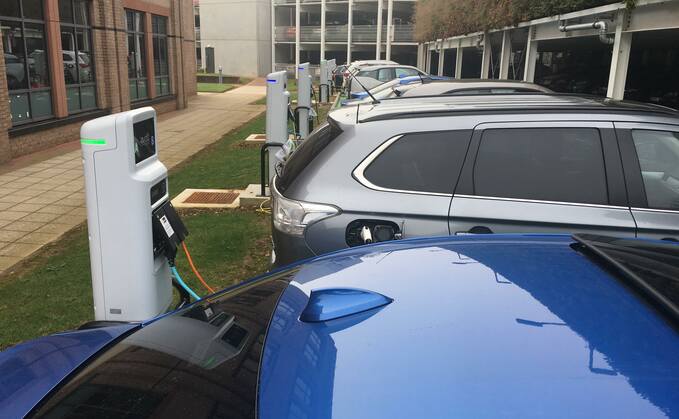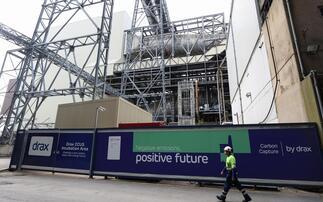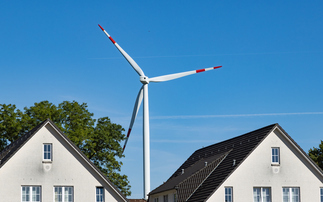
Smart use of EV batteries will help manage peak demands for energy, National Grid predicts.
'You need to start with data', sustainability leaders from National Grid and Schneider Electric urge companies
From the energy network to the push to meet Scope 3 supply chain emissions targets, the importance of data in the drive to decarbonise the economy was emphasised during a number of workshop sessions at this week's Net Zero Festival.
David Wright, group chief engineer at National Grid, outlined how the push to turn electric vehicle (EV) batteries into energy storage units for homes during peak hours will require a ‘smart' network as well as technological innovation.
"There's been some pretty successful trials done between National Grid and Nissan," he said. "You need a bit more technology on the car to allow electricity to go back the other way but you also need to be able assess what's coming out of your solar panels and what's coming out of your car battery and into your car battery so that that energy gets replaced.
"As soon as we start to segregate different sources of power, there's no reason why we can't do that."
Wright predicted the early adopters for such smart energy systems would be fleet operators rather than the domestic market.
The role of EV batteries in a smarter energy network is just one of the innovations National Grid is focused on to try and accelerate the net zero transition. Wright said the firm was already developing algorithms and hardware capable of holistically managing every home's energy usage and enable "demand-side flexibility", which could potentially control when fridges are drawing down power to maintain cool temperatures or when a heat pump operates so as minimise pressure on the grid.
"The government is investing £265m in smart systems to decarbonise our grid and the forecasts are that it will save UK consumers £10bn," he said. "That shows you the kind of opportunity delivering net zero can bring."
Meanwhile, Simon Gerrard, director of renewables, cleantech, and sustainability at Schneider Electric, told another meeting that securing more in-depth data on a business's own operations, as well as its suppliers, would be key to meeting Scope 3 value chain emissions targets in the years ahead.
"It's really important to start with a baseline of data so that you know where you and your suppliers are up to and can measure the progress that's being made," he said. "What we've seen in our own supply chain, and in the supply chains of others companies we've worked with, is that there is a gap often in the data. So, we recommend starting by collecting that baseline of data and then moving forward from there."
Gerrard also urged companies to collaborate with other businesses in their sectors to speed up the net zero transition.
"You need to collaborate with other companies in your sector which share the same suppliers," he advised. "Otherwise, you are all going to be asking them to do the same thing and that's just not efficient."







